Shares of social connection have been on the rise for individuals who prioritize sleepovers with friends, according to recent trends. A growing body of research suggests that regular sleepovers can have a profound impact on mental health, relationships, and overall well-being.
Tonna Obaze, a 28-year-old founder of a consulting firm, recently hosted a sleepover with her friend Bria in New York City. The two friends, who live in the same city, had been yearning for more distraction-free time together than a 90-minute dinner reservation afforded. They spent the evening engaging in a freewheeling conversation, covering topics such as family, therapy, and dating, before eventually falling asleep on the couch, side by side.
According to Dr. Jean Twenge, a psychologist and author who has studied the effects of social connection on mental health, "Sleepovers can be a powerful way to strengthen relationships and improve mental health. When we spend quality time with friends, we feel more connected and supported, which can have a positive impact on our overall well-being." Dr. Twenge notes that sleepovers can provide a unique opportunity for deep conversations and bonding, which can be particularly beneficial for individuals in their 20s and 30s who are navigating significant life transitions.
Regular sleepovers can also have practical benefits, such as providing a much-needed break from the demands of daily life. "Sleepovers can be a great way to take a break from the stress of work and daily responsibilities," says Dr. Twenge. "When we're able to disconnect from our devices and engage in face-to-face interactions, we can feel more relaxed and rejuvenated."
In addition to the benefits for mental health and relationships, sleepovers can also have a positive impact on physical health. A study published in the Journal of Social and Clinical Psychology found that individuals who had strong social connections had lower levels of inflammation, a key risk factor for chronic diseases such as heart disease and diabetes.
While sleepovers may not be feasible for everyone, especially those with busy schedules or limited living space, experts recommend making time for regular social connections. "Even small moments of social connection, such as a phone call or video chat with a friend, can have a positive impact on mental health," says Dr. Twenge.
As for Tonna Obaze and her friend Bria, they plan to make sleepovers a regular occurrence. "We're already planning our next sleepover," says Obaze. "We're excited to continue prioritizing our friendship and making time for each other."
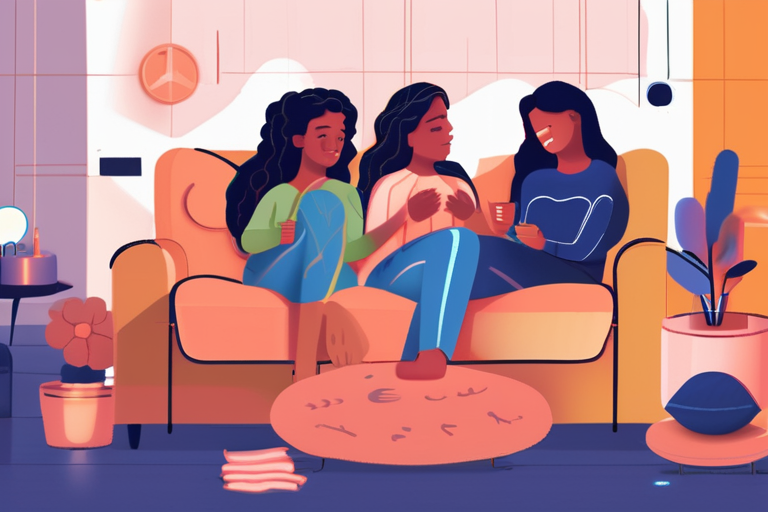




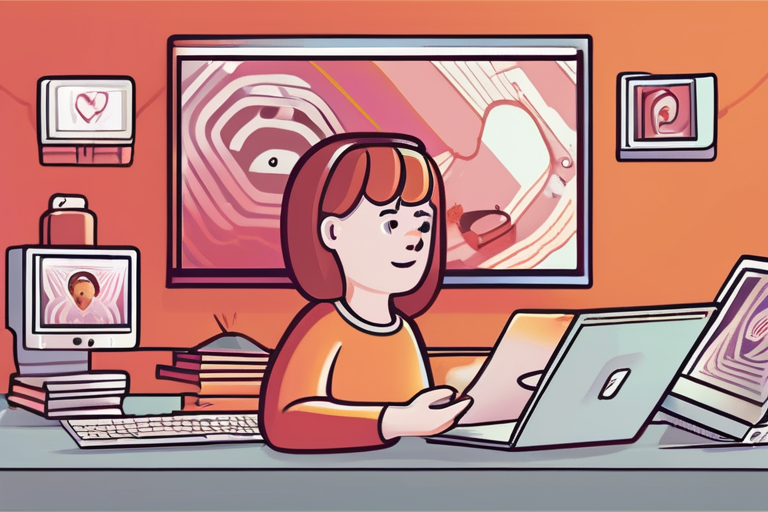
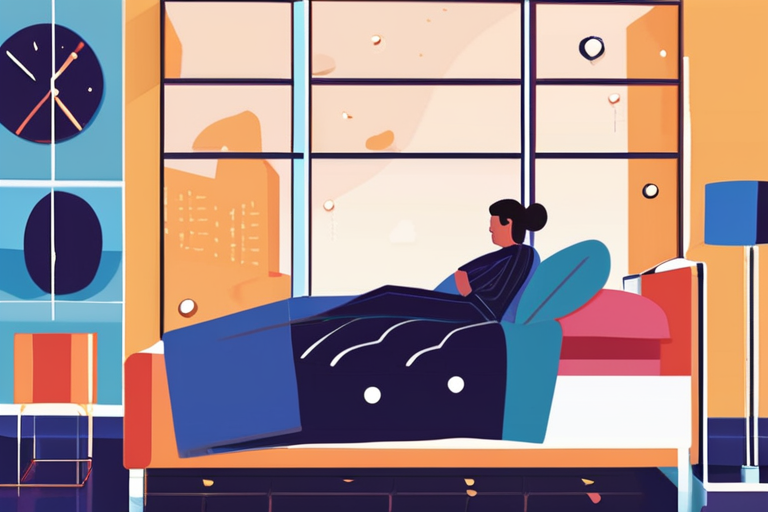
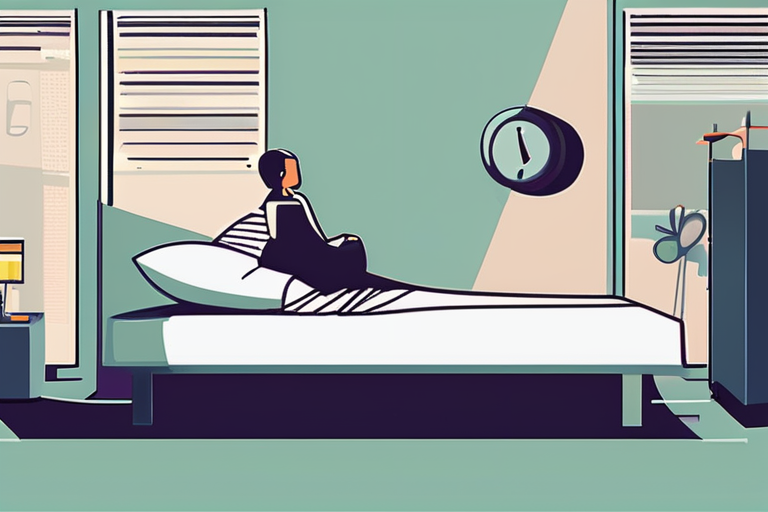
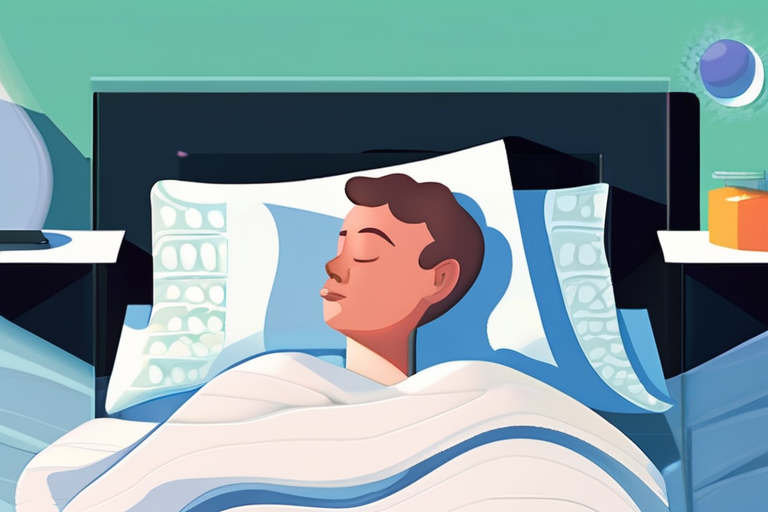

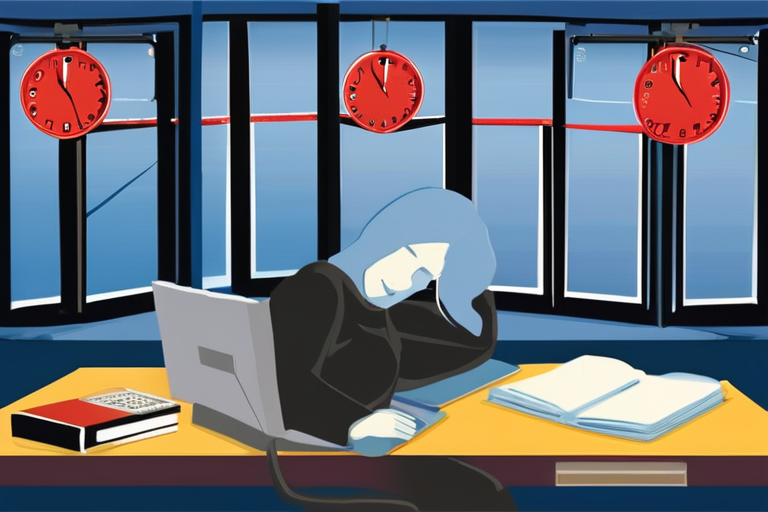
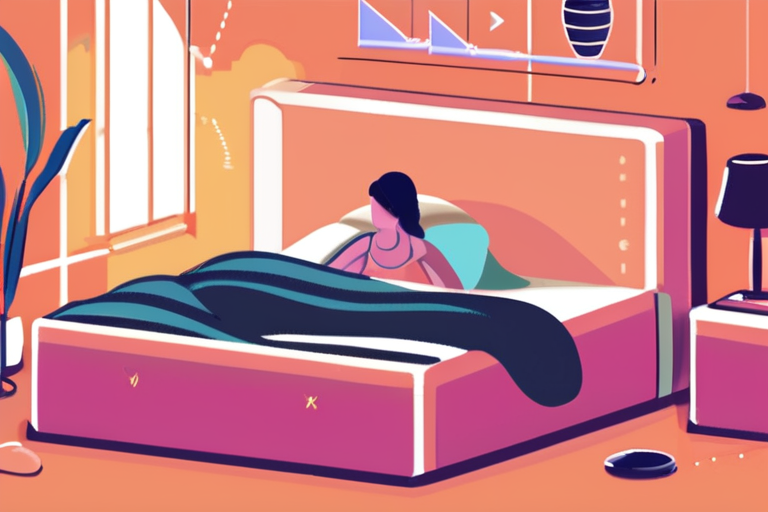
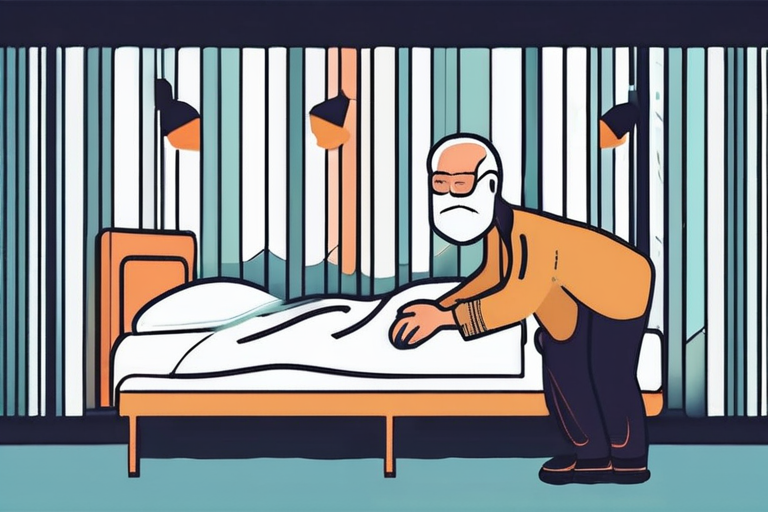
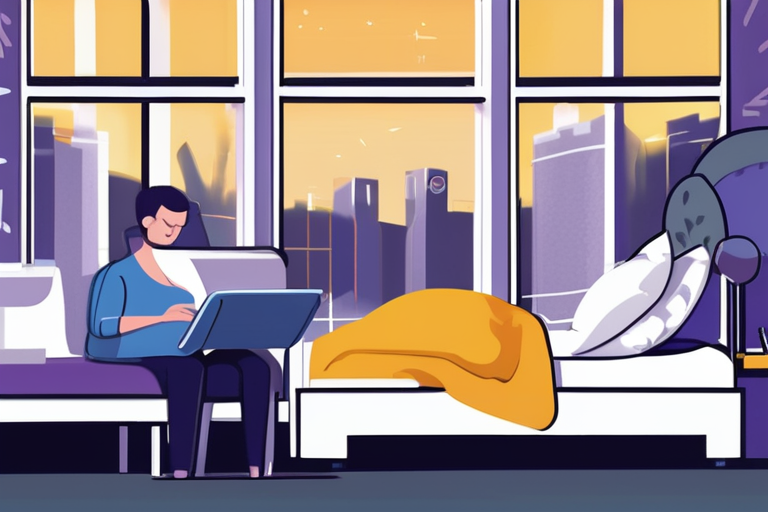
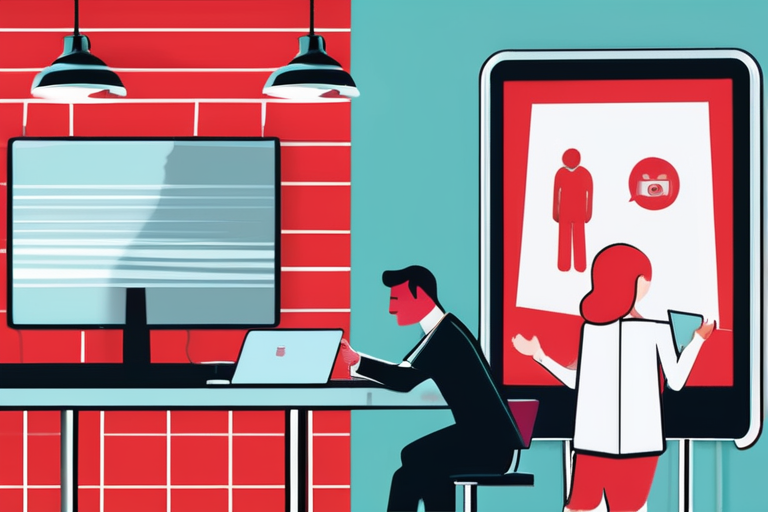
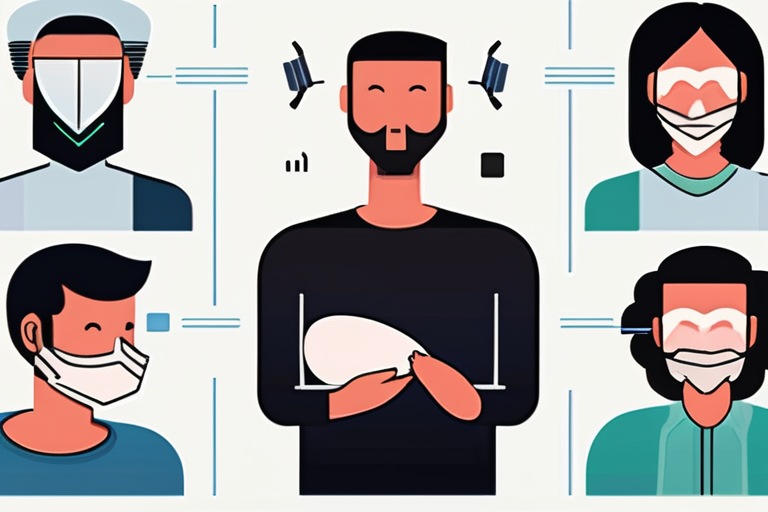

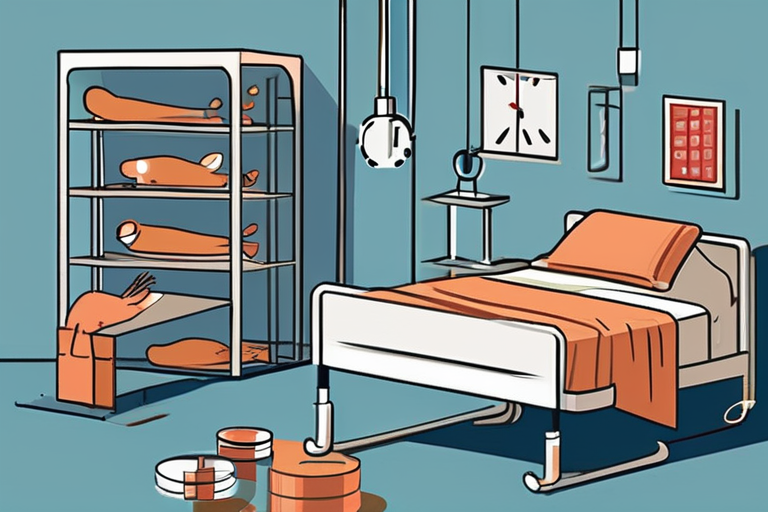
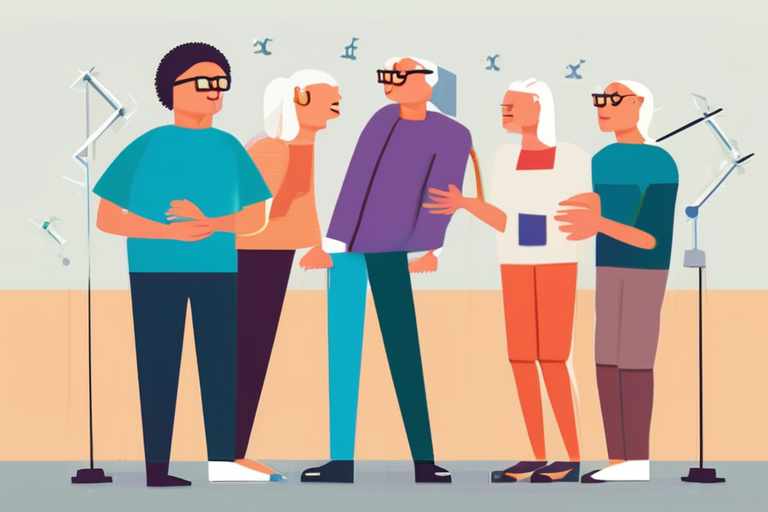
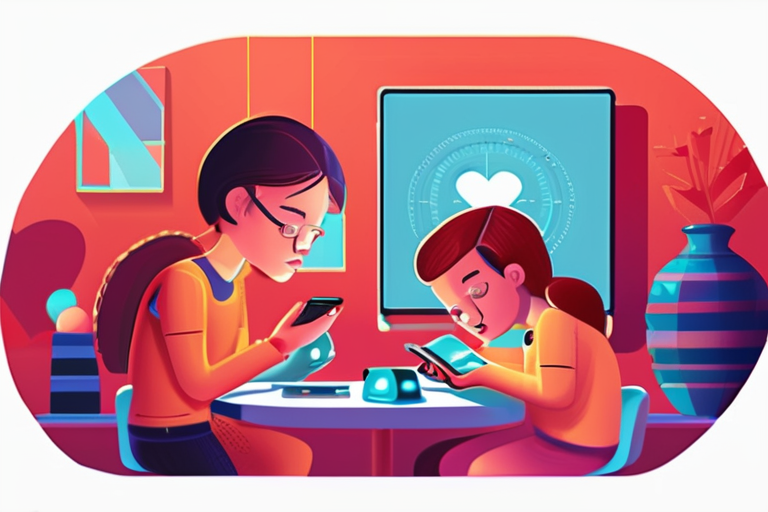

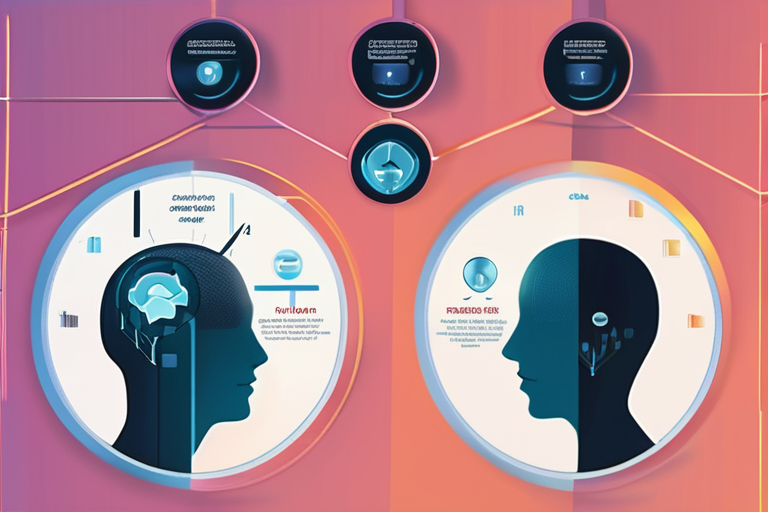
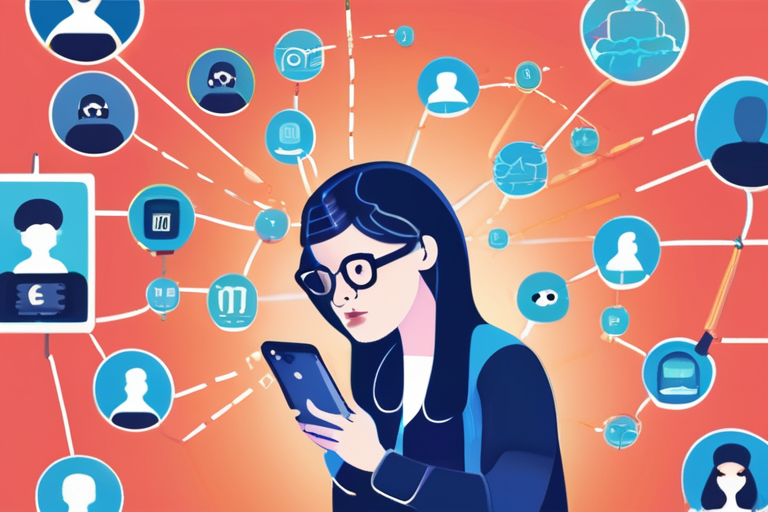
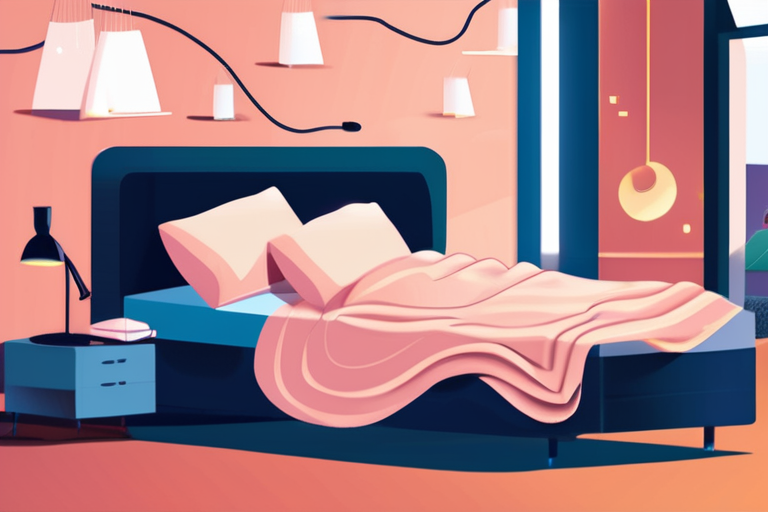
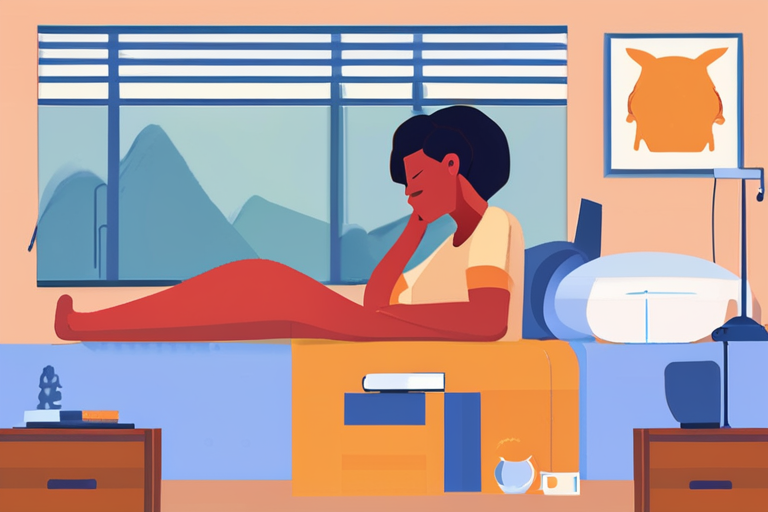
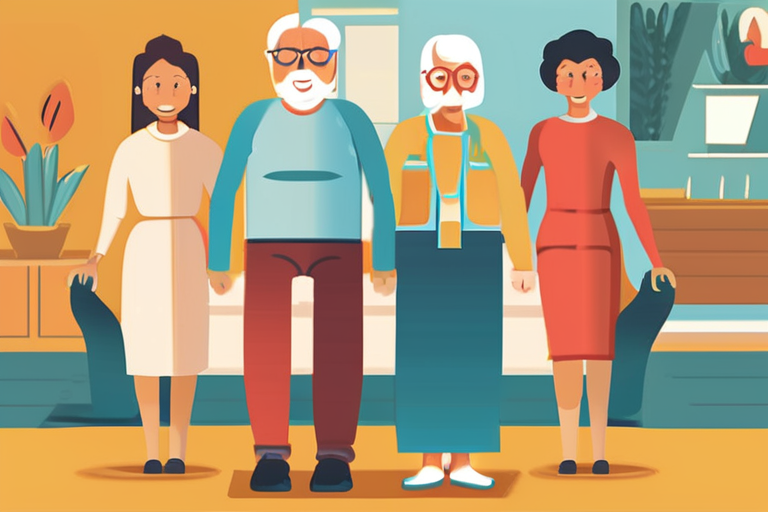

Share & Engage Share
Share this article